According to the U.S. Bureau of Labor Statistics (BLS), the healthcare industry is the second-largest employer in the country as of 2023, with 21.5 million workers. However, the BLS also expects that healthcare will add the most jobs over the next decade. Rising demand for healthcare workers means many key professions face shortages, from imaging techs to immunologists.
If you’re considering earning a Master of Science in Medical Science but aren’t completely committed to a healthcare profession yet, this article highlights five key shortage areas you may want to consider. If your passions align with any of these fields, you’ll have the opportunity to serve where you’re most needed.
Causes of Healthcare Workforce Shortages
First, healthcare shortages are happening because of three main factors:
- An aging population: The baby boom generation is now in its elder years. Patients from this large generational cohort require high levels of care as they age. Practitioners who are baby boomers are retiring and will need to be replaced. The years-long duration of medical training makes replenishing the supply of practitioners in a timely fashion more difficult.
- Burnout and turnover: Across the healthcare industry, practitioners are experiencing long-term stress, particularly those involved with direct patient care. This leads to employee turnover as practitioners leave jobs, transition to specialties with better work-life balance, or even leave the profession altogether. One study found that as many as 50% of early-career physicians changed jobs due to stress.
- A general rise in demand: As access to health insurance expands, more people seek treatment more often. Also, rising awareness of issues like mental health or dental health puts pressure on related specialties.
Primary Care Practitioners: The Foundation of Healthcare
Primary care practitioners (PCPs) play a crucial role in the healthcare system, serving as the first point of contact for patients. They provide preventive care, diagnose illnesses, and manage chronic conditions. Unfortunately, there is a growing shortage of PCPs in many regions, particularly in rural and underserved communities. The American Medical Association anticipates a shortage of almost 90,000 primary care physicians by 2036.
Gaps in primary care can lead to delayed care in other specialties, overcrowded emergency rooms, and higher healthcare costs. Pursuing a career in primary care, especially in underserved areas, can address these gaps and improve overall community health. With our MSMS, you can prepare for an MD or DO program or take an alternative route and become a physician associate (PA). PAs can help fill gaps in primary care practice in hospitals and clinics.
Psychiatrists: Meeting the Mental Health Crisis
The demand for mental health services has never been higher, yet there is a severe shortage of psychiatrists, counselors, and other mental health care professionals across the U.S. As of 2024, the Health Resources and Services Administration (HRSA) reports that 123 million Americans live in an area that lacks access to adequate mental health care services. A 2024 study published in JAMA Health Forum reported that more than half of U.S. counties don’t have a practicing psychiatrist, and that only 47% of people who needed mental health care in 2021 received care.
Early intervention is critical for mental health conditions, and delays in care can worsen patient outcomes. The shortage of psychiatrists means longer wait times for patients, particularly in rural areas and underserved urban areas. For MSMS students passionate about mental health, choosing to pursue psychiatry as a medical specialty offers an opportunity to help improve quality of life for people.
Pharmacists: A Pillar of Patient Care
Pharmacists play a vital role in healthcare, ensuring patients receive the correct medications, counseling on drug interactions, and advising on overall medication management. Pharmacists are increasingly involved in direct patient care, including immunizations, chronic disease management, and medication therapy management. This expanding role has created a higher demand for their expertise.
At the same time, economic pressures and competition from large chain pharmacies have led to closures of independent pharmacies, particularly in underserved areas, leaving fewer pharmacists to meet local needs. A 2023 article by the Philadelphia College of Osteopathic Medicine notes that pharmacy school enrollments are falling while job openings are rising – according to the 2023 Pharmacy Demand Report from the American Association of Colleges of Pharmacy (AACP), employers placed 79,032 job listings for pharmacists that year.
A shortage of pharmacists can reduce access to essential medications, increase the risk of medication errors, and reduce patient counseling opportunities. If you’re interested in a dynamic and patient-focused career, pharmacy offers a growing and evolving field with many opportunities. Our MSMS can help you prepare to apply to a PharmD program. Read our article to learn more.
Dentists: Oral Health, A Neglected Priority
Oral health is an essential part of overall health, yet many people struggle to access dental care due to a shortage of dentists. The HRSA reports that, as of 2024, nearly 60 million Americans live in a dentist shortage area. As with other areas of healthcare, shortages of dentists largely impact rural and low-income areas. Many patients, especially those on public insurance, face difficulty finding a dentist willing to accept them.
Dental health is closely linked to overall health, with untreated dental issues leading to more serious medical problems. Pursuing a career in dentistry, particularly in underserved regions, can help bridge the gap in care and improve patients’ quality of life. Our MSMS is excellent preparation for admission to dental school. Read more about dental school admission in our article.
Veterinarians: A Critical Role in Animal and Public Health
Finally, the need for healthcare practitioners extends beyond human patients. Veterinarians are essential not only for the health of pets but also for food safety, public health, and research. The American Veterinary Medical Association (AVMA) reports that many Americans live in “veterinarian deserts”, particularly in rural areas. A 2022 article from the AVMA notes that the shortage is especially affecting certain specialties like food animal practice, equine practice, and public health.
Veterinarians are vital not only for pet care but also for safeguarding public health through disease prevention and food safety. If you’re drawn to both animal health and public health, veterinary medicine could be the right career path for you. Read our article about how the MSMS can prepare you to apply to veterinary school.
One Degree, Many Pathways
Our Master of Science in Medical Sciences program is designed to help train the healthcare professionals of the future. In just one year, you can complete a rigorous pre-clinical medical curriculum that enhances your confidence in your abilities and shows admissions committees you’re ready to become the doctor (or dentist, or pharmacist, or veterinarian) tomorrow’s patients need.



